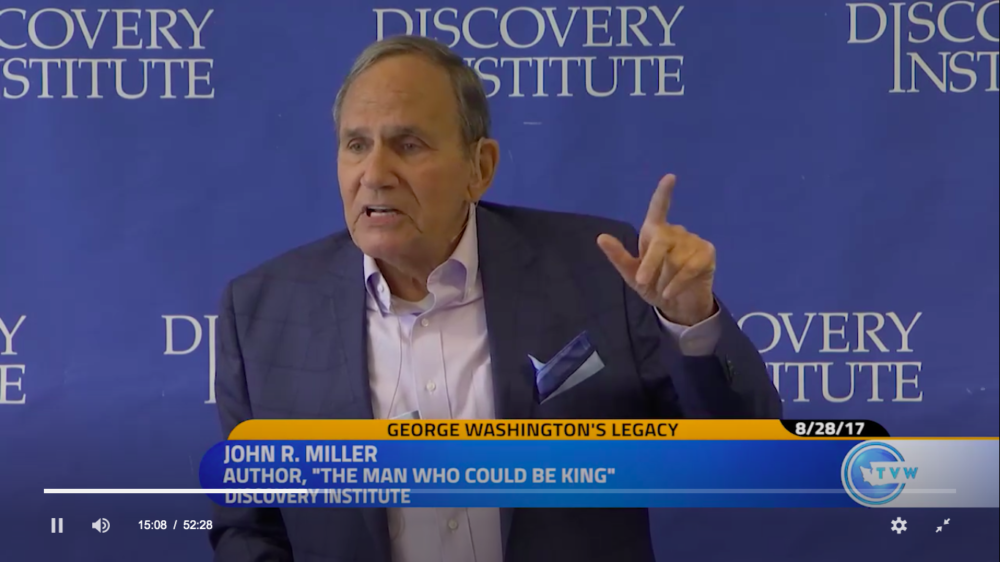
The Man Who Could Be King

The Man Who Could Be King: A Novel

Why Not a Free-Trade Pact With the U.K.?
Guest: President Obama must press for human rights
FDR’s Failed Moral Leadership
Roosevelt was no humanitarian, despite what presidential historians say.Afghanistan: Finally an Opportunity for Plain Talk

Choosing Our Wars
The U.S. military is the finest in the world. But it won’t remain so if we squander its resources.
The Arab Street Searches for George Washingtons
How the U.S. Solved the Palestinian-Israeli Conflict
Obama in the Coils of Foreign Opinion
Our Fading National Pastime
The Wrong War
Slavery in 2004
Former Discovery Board Chairman Speaks on New Human Trafficking Report
Sex Slavery in Seattle the Tip of a Global Scourge
